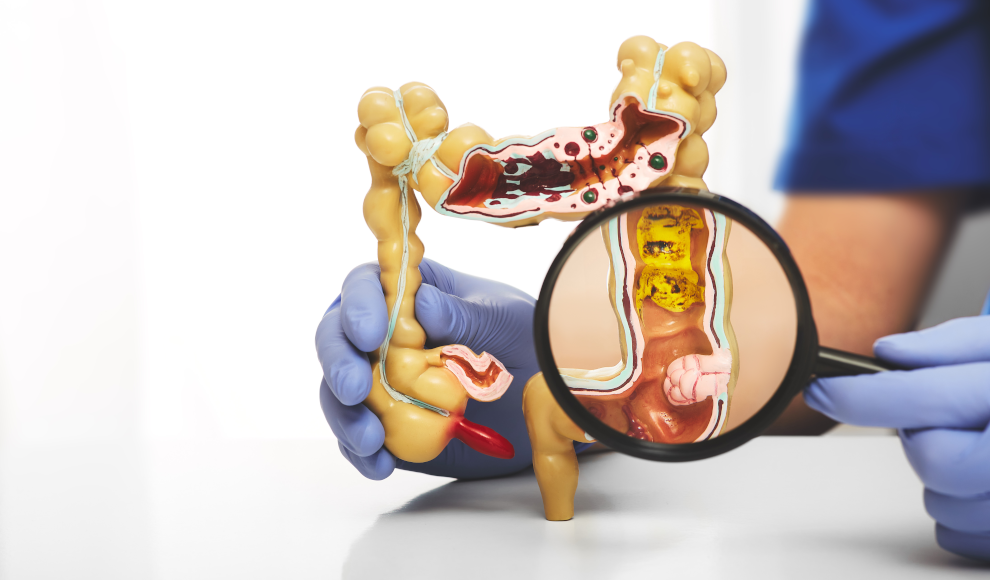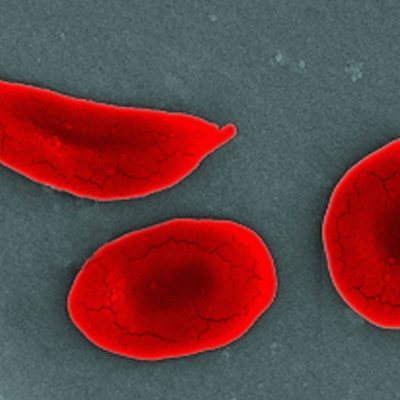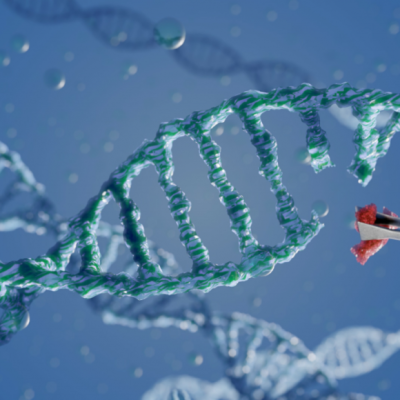Heart stem cells have been found to promote wound healing and significantly reduce inflammation in the gut, according to recent animal studies. Morbus Crohn, a chronic intestinal inflammation, has no known cure, but researchers at Northwestern University have published a study suggesting that neonatal mesenchymal stem cells could be used to treat the disease. These potent cells, which have previously been used to repair injured hearts, were found to reduce inflammation in the gut and promote wound healing in mice with a disease similar to Morbus Crohn. However, the next step is to develop a method for administering the stem cells to patients in a minimally invasive way.
Morbus Crohn is a complex barrier disease with an unknown cause, and while its symptoms can be treated, it has no known cure. However, researchers at Northwestern University have published a study suggesting that neonatal mesenchymal stem cells could be used to treat the disease. These cells, which have previously been used to repair injured hearts, were found to reduce inflammation in the gut and promote wound healing in mice with a disease similar to Morbus Crohn. The stem cells were injected directly into the inflamed areas of the small intestine in animal experiments, but the next step is to develop a minimally invasive method for administering the cells to patients.
Dr. Arun Sharma, who led the study, said that the results were encouraging and offered a new platform for potentially treating chronic inflammatory bowel diseases. However, he noted that the administration problem needed to be solved before clinical trials with humans could begin. The ultimate goal is to use these cells as a treatment and preventive measure for Morbus Crohn and other inflammatory diseases. The potential is enormous, and the researchers are excited to continue their work.










